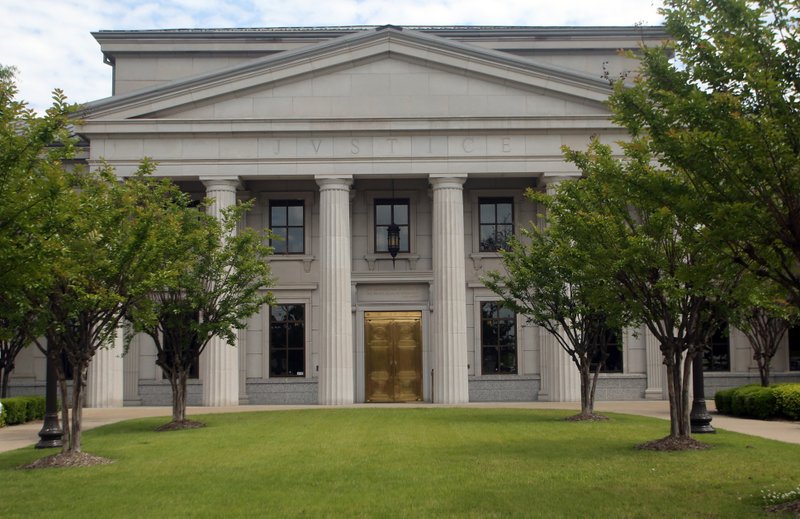Plaintiffs in the LEARNS Act lawsuit responded Thursday to a request that the Arkansas Supreme Court step in and reverse a lower court order that blocked the education law from taking effect.
The lawsuit, filed last month, aims to delay implementation of the LEARNS Act, Gov. Sarah Huckabee Sanders' signature education overhaul, claiming lawmakers erred when approving a parliamentary procedure to make the law take effect immediately.
Last week, Pulaski County Circuit Court Judge Herbert Wright issued an order that the law should not take effect until after a June 20 hearing. That ruling prompted Attorney General Tim Griffin to file an emergency motion Tuesday asking the Supreme Court to step-in and overturn Wright’s order.
The plaintiffs, which include 11 Phillips County residents, aim to stop a charter school non-profit from taking control of the Marvell-Elaine School District. Last month, the state Board of Education used a provision of the LEARNS Act to approve a contract that allows Friendship Education Foundation, a D.C.-based charter school nonprofit, to take control of the school district.
The lawsuit hinges on whether lawmakers followed the Arkansas Constitution by holding separate votes on the emergency clause for the LEARNS Act, a procedure that allows laws to take effect immediately upon passage. Normally, laws do not come into action until 91 days after the legislative session ends, unless legislators approve an emergency clause.
When voting for the LEARNS Act, lawmakers were told their one vote was for the bill and the bill’s emergency clause, as shown in the official video recording of the vote on the Legislature’s website.
Ali Noland, an attorney for the plaintiffs in the lawsuit against the Arkansas Department of Education, wrote in her response that Attorney General’s Office is asking the court “to disregard the truth captured in those videos in favor of a politically convenient absurdity.”
Griffin’s office said in its motion Tuesday that the General Assembly records votes for bills and the emergency clause separately in its official journal, a practice that lawmakers have used for decades, and that the lower court’s order would “sow chaos” which would not only affect the LEARNS Act but every law passed with an emergency act this session.

